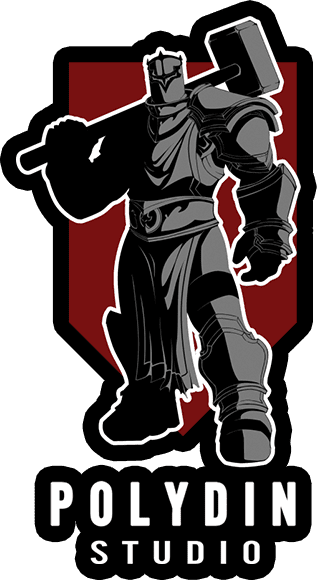Behind every successful game lies a well-managed project, meticulously planned and executed to bring the vision to life. This is where game project management comes into play. Game project management encompasses the processes, methodologies, and tools used to effectively plan, organize, and coordinate all aspects of game development, from concept to release.
In this article, we will delve into game project management, exploring its key features and the evolution of the tools that facilitate it. We will also examine the best game development project management tools available and their benefits to game development stages. Additionally, we will provide insights on choosing the right project management tool for your game development project, ensuring a streamlined workflow and successful outcomes.
What is Game Project Management?
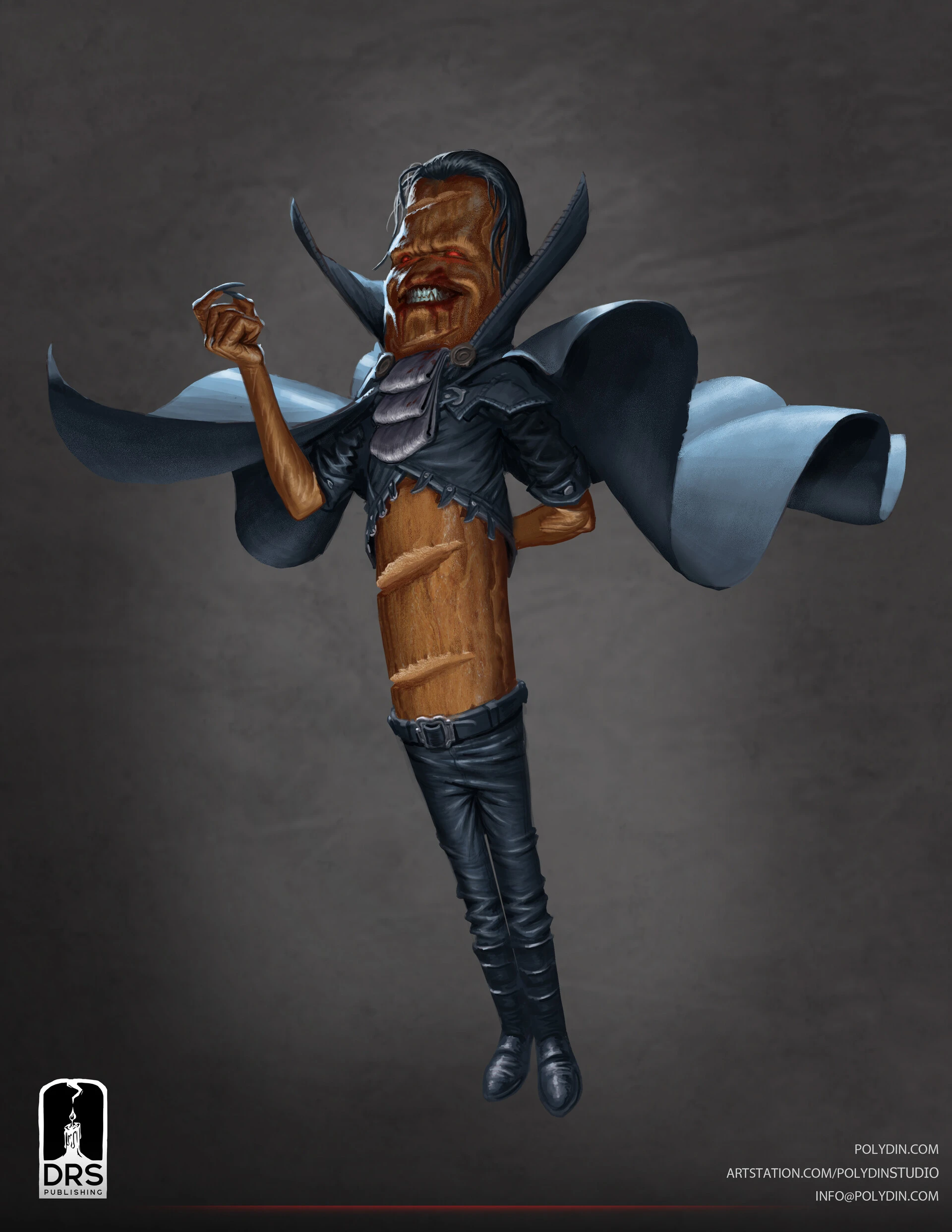

Game project management is the discipline and practice of effectively planning, organizing, and coordinating all activities and resources involved in game development. It encompasses the strategic management of game development projects, ensuring they are completed within budget, on time, and according to the desired quality standards.
At its core, game project management involves the application of project management principles and methodologies specifically tailored to unique game development requirements. It involves defining project goals, creating a comprehensive project plan, allocating resources, managing timelines and budgets, and overseeing the execution and delivery of the game.
Game project management involves various key components, such as task management, team collaboration, asset management, scheduling, risk assessment, and quality assurance. It requires leadership, communication, problem-solving, and organizational skills to effectively guide and coordinate the diverse developers, designers, artists, and other professionals involved in game development.
By implementing sound project management practices, game project managers ensure that projects stay on track, milestones are achieved, potential risks are mitigated, and the overall development process runs smoothly. They play a crucial role in balancing creative vision with practical constraints, facilitating effective teamwork, and ultimately delivering a high-quality game that meets the expectations of both the development team and the target audience.
Key Features of Game Project Management
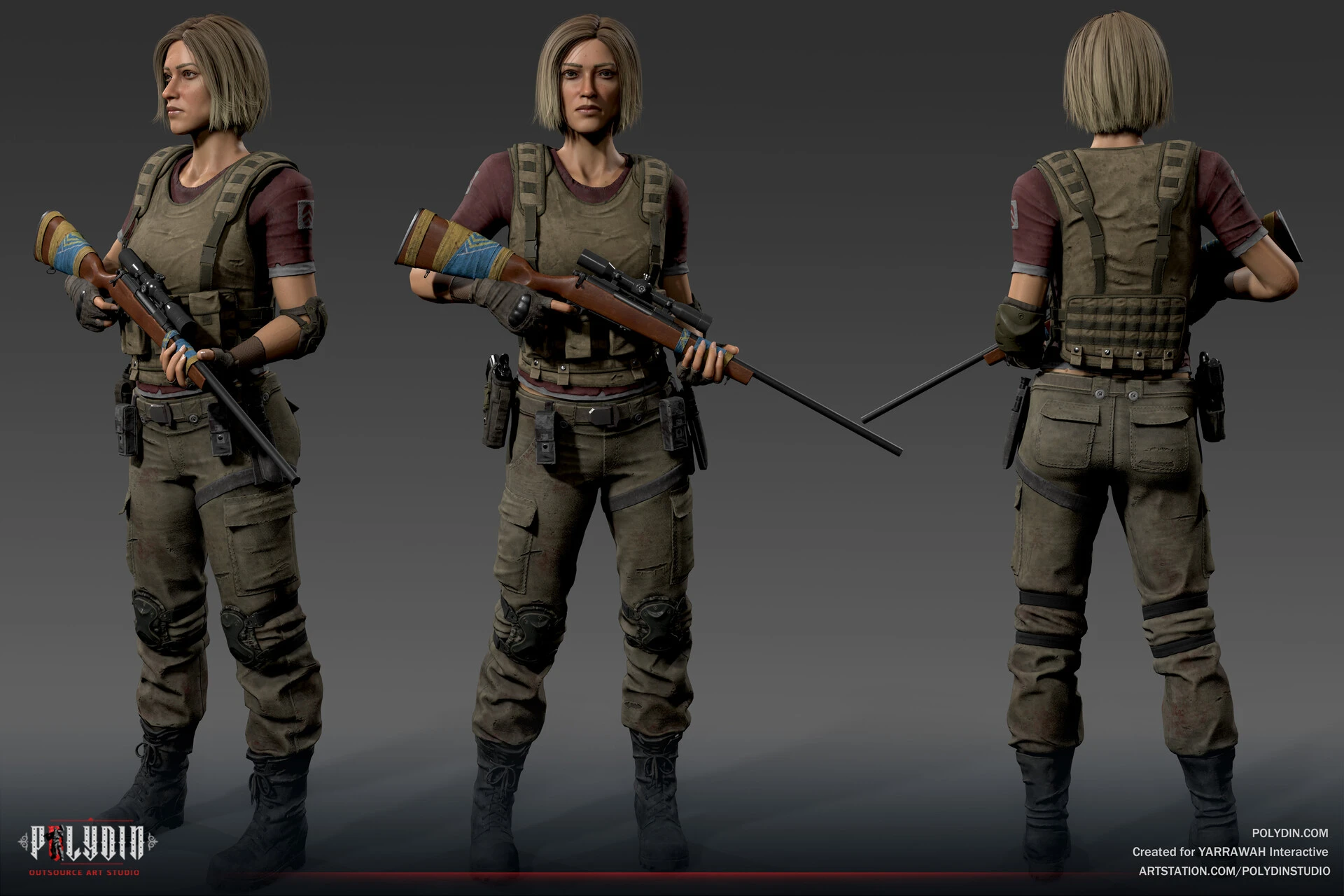

Key features of game project management include:
Project Planning and Scope Definition
Game project management involves defining the project scope, setting clear objectives, and establishing a roadmap for the entire development process. This includes outlining the game’s features, mechanics, target platform, and audience and determining the project timeline and resource requirements.
Task and Resource Management
Effective game project management involves categorizing the project into manageable tasks and assigning them to the appropriate team members. It includes tracking task progress, managing dependencies, and allocating resources such as developers, artists, sound designers, and testers to ensure optimal utilization of skills and resources.
Communication and Collaboration
Clear and efficient communication is vital in game development. Project management facilitates seamless collaboration between team members, stakeholders, and clients. It includes regular status updates, meetings, and communication tools to foster effective collaboration, resolve issues, and keep everyone informed and aligned throughout the project.
Risk Assessment and Mitigation
Game project managers identify potential risks and challenges that could impact the project’s success. They conduct risk assessments, develop mitigation strategies, and proactively address issues to minimize their impact on the project timeline, budget, and quality.
Quality Assurance and Testing
Game project management includes implementing robust quality assurance processes to ensure the game meets the desired standards. This involves setting up testing protocols, conducting quality checks at various stages of development, and incorporating feedback from testers and stakeholders to refine and improve the game’s functionality, performance, and user experience.
Budget and Resource Management
Game project managers are responsible for managing the project budget and ensuring efficient utilization of resources. They track expenses, monitor costs, and make informed decisions to optimize resource allocation, prevent budget overruns, and maximize the project’s value within the allocated resources.
Agile and Iterative Development
Agile project management methodologies are often employed in game development to promote flexibility and adaptability. This involves iterative development cycles, frequent feedback loops, and continuous improvement based on user testing and stakeholder input.
By incorporating these key features, game project management ensures that game development projects are well-organized, collaborative, and focused on delivering a high-quality game within the defined time, budget, and scope constraints.
Evolution of Game Project Management Tools
![]()
![]()
Over the years, the game development industry has witnessed significant advancements in project management tools and techniques. As the complexity and scale of game projects have increased, so has a need for efficient and streamlined project management processes. Let’s explore the evolution of game project management tools and how they have transformed how games are developed.
- Traditional Project Management Tools: In the early days of game development, project management primarily relied on traditional tools like spreadsheets, email communication, and physical documentation. While these methods served their purpose, they lacked the collaborative features and real-time visibility needed for effective project management in dynamic game development environments.
- Specialized Game Project Management Software: As the game industry grew, dedicated project management software tailored for game development emerged. These tools offered features specifically designed for game projects, such as task tracking, milestone management, team collaboration, and asset organization. They provided a centralized platform to streamline project workflows and enhance communication among team members.
- Agile and Scrum Methodologies: Agile methodologies, including Scrum, gained popularity in game development for their iterative and flexible approach. Agile project management tools like Jira and Trello emerged to support these methodologies. These tools enabled teams to create backlogs, manage sprints, and track progress using pictorial boards, facilitating collaboration and adaptability throughout development.
- Cloud-Based Collaboration Tools: With the rise of distributed game development teams, cloud-based collaboration tools became essential. Platforms like Asana, Basecamp, and Slack allowed teams to work together seamlessly, regardless of their physical location. They provided real-time communication, file sharing, and task management capabilities, enabling effective collaboration and ensuring everyone stayed aligned on project goals.
- Integrated Development Environments (IDEs): Modern game development tools like Unity and Unreal Engine have integrated project management features within their development environments. These IDEs offer built-in project management functionality, including asset management, version control, and collaborative editing, allowing developers to manage code and project elements in a unified ecosystem.
- Data Analytics and Project Metrics: Advanced project management tools now incorporate data analytics and project metrics to provide insights into project performance. These tools collect and analyze data on various project aspects, such as task completion time, resource utilization, and team productivity. The derived metrics help project managers make data-driven decisions, identify bottlenecks and optimize workflows for better project outcomes.
As the game development industry evolves, so will the tools and technologies used in project management. The focus will remain on improving collaboration, efficiency, and adaptability to meet the demands of modern game development processes and deliver successful game projects.
Best Game Development Project Management Tools
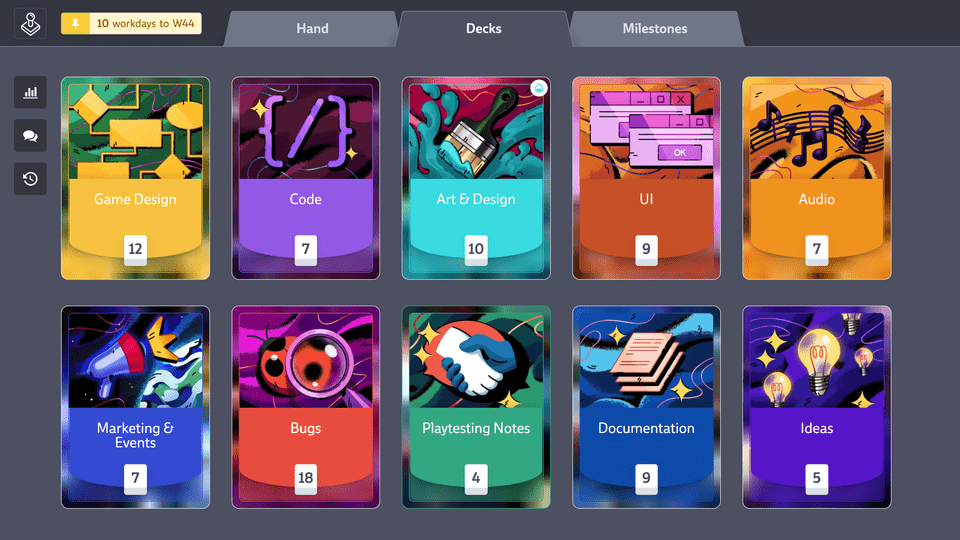

As mentioned, project management tools have evolved a lot in the past few years. Here are some of the best tools available for use:
- Jira: Jira is a popular project management tool widely used in game development. It offers powerful features like task tracking, backlog management, sprint planning, and issue tracking. With customizable workflows and integrations, Jira allows teams to adapt agile methodologies like Scrum or Kanban to their game development projects.
- Trello: Trello is a user-friendly project management tool that uses a visual board system to organize tasks and track progress. It provides a simple and intuitive interface where game development teams can create boards, add cards for tasks, and move them across different stages of completion. Trello is known for its flexibility and ease of use.
- Asana: Asana is a versatile project management tool suitable for small indie teams and larger game development studios. It offers features like task management, timeline tracking, and team collaboration. With customizable project templates and powerful communication features, Asana helps teams stay organized and aligned throughout game development.
- Monday.com: Monday.com is a comprehensive project management platform offering various features for game development teams. It provides customizable project boards, task management, real-time collaboration, and resource allocation. With its visual interface and automation capabilities, Monday.com streamlines project workflows and enhances team productivity.
- Hansoft: Hansoft is a project management tool designed specifically for game development. It offers robust features such as backlog management, sprint planning, task tracking, and resource allocation. With its comprehensive project overview and integrated communication tools, Hansoft enables efficient collaboration and helps teams stay on track.
- Microsoft Azure DevOps: Microsoft Azure DevOps is a comprehensive development tool with project management capabilities. It offers task tracking, version control, continuous integration, and release management. With its seamless integration with other Microsoft tools, Azure DevOps provides a unified environment for managing game development projects.
- ClickUp: ClickUp is a versatile project management tool that caters to the needs of game development teams. It offers a range of features such as task management, time tracking, collaboration, and project reporting. With its customizable workflows and intuitive interface, ClickUp provides a flexible and efficient platform for managing game development projects.
When choosing a project management tool for game development, it’s important to consider your team’s specific needs and requirements. Evaluate factors such as ease of use, scalability, integration capabilities, and pricing to find the best tool for your game development project.
Is project management used in game design?
Project management is a critical component of game development, ensuring that projects are completed efficiently, on time, and within budget. Game development involves complex processes, including concept ideation, design, programming, art creation, testing, and deployment. Without effective project management, these processes can become disorganized and chaotic, leading to delays, cost overruns, and quality issues. By implementing project management methodologies and tools, game development teams can streamline workflows, allocate resources effectively, mitigate risks, and maintain clear communication channels, ultimately enhancing productivity and ensuring the successful delivery of high-quality games.
What does a project manager do in game development?
In game development, a project manager plays a central role in overseeing the entire development process and ensuring that projects are completed according to schedule, budget, and quality standards. Some key responsibilities of a project manager in game development include:
- Planning and Scheduling: The project manager is responsible for creating project plans and timelines, defining milestones, and allocating resources to various tasks and team members. They develop detailed schedules and coordinate the activities of different departments to ensure that development progresses smoothly and efficiently.
- Resource Management: The project manager oversees the allocation of resources, including personnel, equipment, and budget, to support the development process. They identify resource requirements, track resource utilization, and make adjustments as necessary to optimize efficiency and productivity.
- Risk Management: Game development projects often face various risks, such as technical challenges, scope changes, and market fluctuations. The project manager identifies potential risks, assesses their potential impact, and develops strategies to mitigate or minimize them. This may involve contingency planning, risk analysis, and proactive problem-solving to address issues as they arise.
- Team Coordination: The project manager serves as a liaison between different teams and departments involved in game development, including game designers, programmers, artists, testers, and stakeholders. They facilitate communication, resolve conflicts, and ensure that everyone is aligned with project goals and objectives.
- Quality Assurance: The project manager oversees the quality assurance process, ensuring that games meet established quality standards and specifications. They develop testing protocols, monitor progress, and address any issues or deficiencies identified during testing to ensure that the final product meets or exceeds customer expectations.
Overall, the project manager plays a critical role in guiding game development projects from inception to completion, balancing the needs of various stakeholders, managing resources effectively, and ensuring that games are delivered successfully and on time.
What are the Benefits of Game Project Management Tools for Game Development?
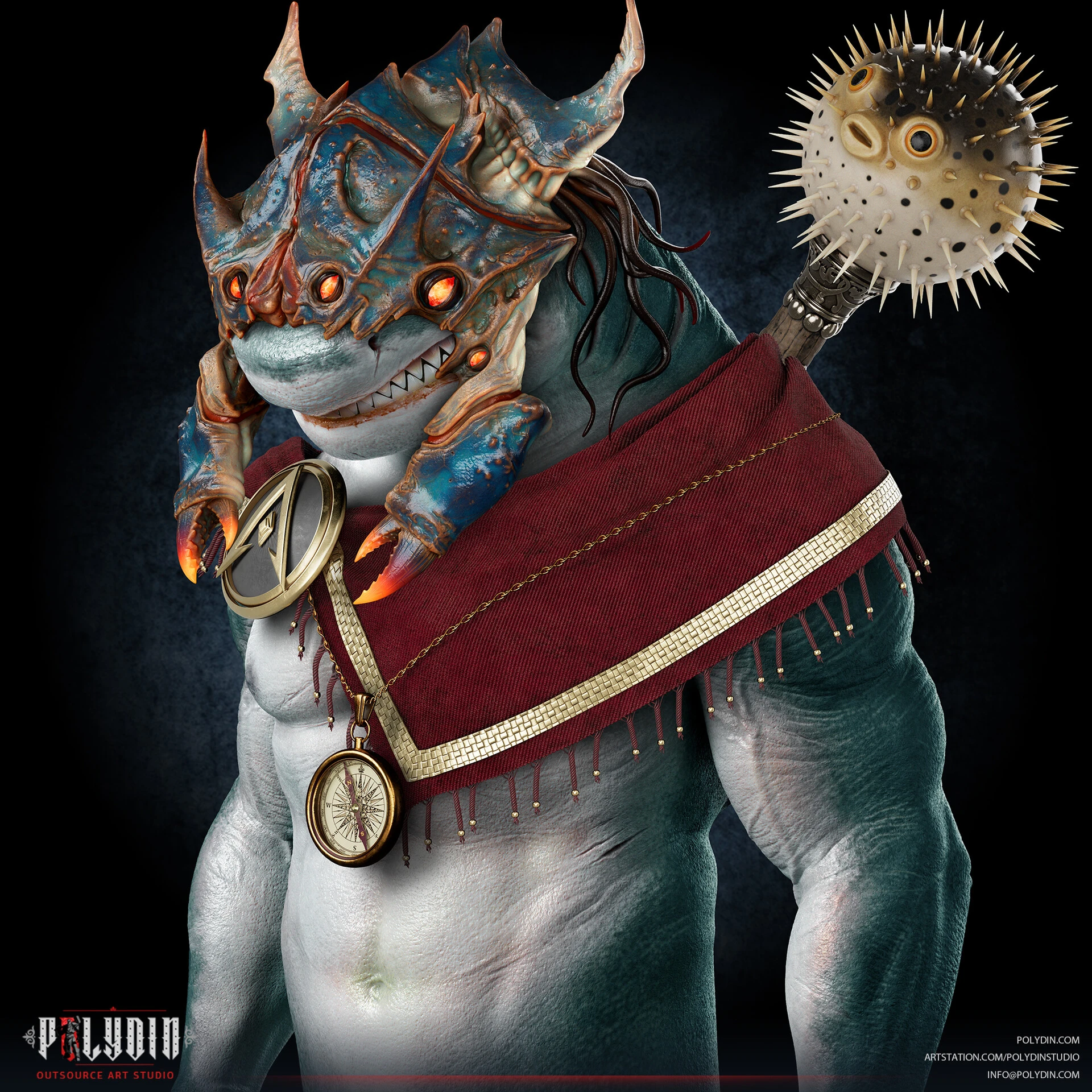

- Improved Organization: Game project management tools provide a structured framework for organizing tasks, timelines, and resources. They help teams keep track of project progress, deadlines, and dependencies, ensuring everyone is on the same page and working towards common goals.
- Efficient Task Management: With game project management tools, tasks can be assigned, prioritized, and tracked in a centralized system. This streamlines task allocation reduces miscommunication, and enables teams to focus on the most critical aspects of game development.
- Enhanced Collaboration: Game development projects involve multidisciplinary teams working together. Project management tools facilitate collaboration by providing a centralized platform for communication, file sharing, and feedback exchange. This fosters better teamwork, coordination, and knowledge sharing among team members.
- Clear Project Visibility: Game project management tools offer visual dashboards, Kanban boards, and Gantt charts that provide a clear overview of project status and progress. This transparency helps stakeholders and team members stay informed about the project’s health, identify bottlenecks, and make informed decisions.
- Effective Time and Resource Management: Game development projects often have tight schedules and resource constraints. Project management tools enable teams to plan and allocate resources efficiently, set realistic deadlines, and track time spent on tasks. This leads to better resource utilization and improved project timelines.
- Risk Mitigation: Game project management tools facilitate risk identification and mitigation. They allow teams to track and manage project risks, anticipate potential issues, and implement contingency plans. By proactively addressing risks, game development projects can reduce the likelihood of delays and setbacks.
- Scalability and Adaptability: Project management tools offer scalability and adaptability as game development projects evolve. They can accommodate changing requirements, accommodate team growth, and support agile methodologies. This flexibility enables teams to iterate and refine their processes throughout the project lifecycle.
Overall, game project management tools benefit game development teams, including improved organization, efficient task management, enhanced collaboration, clear project visibility, effective time and resource management, risk mitigation, and scalability. These tools allow game development projects to be executed more smoothly and effectively, increasing the chances of delivering high-quality games on time and within budget.
How to Choose the Right Project Management Tool for Your Game Development Project?
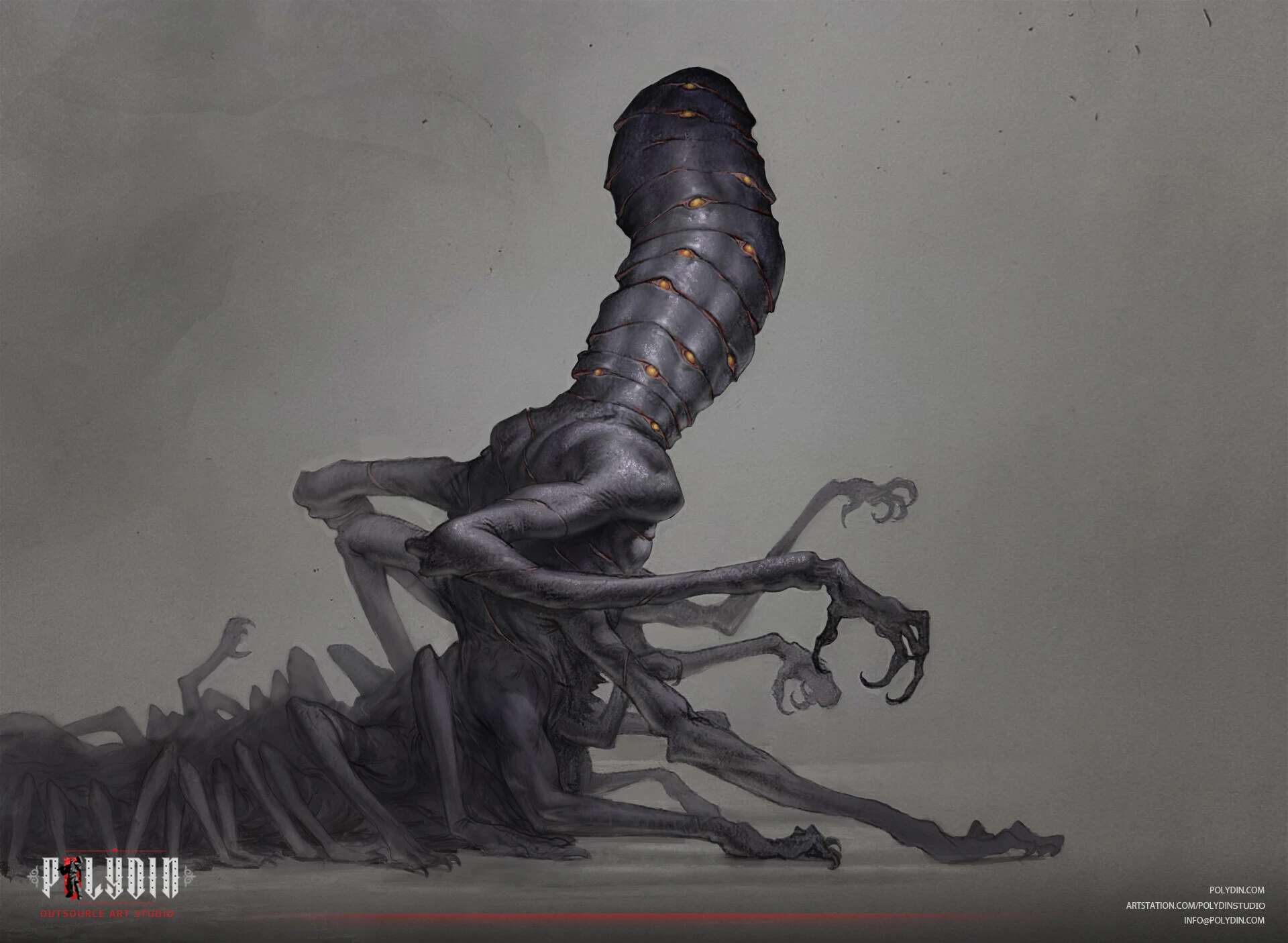

Choosing the right project management tool for your game development project is crucial for ensuring smooth and efficient project execution. Here are some steps to help you make an informed decision:
- Assess Your Project Requirements: Begin by identifying your game development project’s specific needs and requirements. Consider factors such as team size, project complexity, collaboration needs, task management requirements, and budget constraints. This will clarify the features and capabilities you require in a project management tool.
- Research Available Tools: Conduct thorough research on different project management tools available in the market. Look for game development tools or features relevant to your project. Explore their websites, read reviews, and compare their functionalities, pricing models, user interfaces, and customer support options.
- Consider Team Collaboration: Evaluate the collaboration features offered by each tool. Look for features such as real-time communication, file sharing, task assignment, and team member roles and permissions. Consider how well the tool supports remote team collaboration and whether it integrates with other communication tools your team already uses.
- Evaluate Task Management Capabilities: Assess how well the project management tool handles task management. Look for task creation, assignment, prioritization, and tracking features. Consider if the tool offers visual representations like Kanban boards or Gantt charts for better task visualization and management.
- Check Integration Options: Determine if the project management tool integrates with other tools or software your team relies on. This could include version control systems, bug-tracking tools, asset management software, or best game engines. Integration capabilities can streamline workflows and enhance productivity.
- Test and Try: Many project management tools offer free trials or demos. Take advantage of these opportunities to test the tools with a small-scale project or a trial period. This will allow you to assess the user interface, usability, and overall user experience. Involve your team in the testing phase to gather their feedback and ensure the tool aligns with their needs.
- Consider Scalability and Flexibility: Evaluate whether the project management tool can scale with your project’s growth and adapt to changing requirements. It should be flexible enough to accommodate different methodologies, such as agile or waterfall, and support future iterations and updates.
- Budget Considerations: Finally, consider the cost of the project management tool and how it aligns with your budget. Evaluate the pricing structure, subscription plans, and any additional costs for integrations or advanced features. Balance the cost with the tool’s value and benefits to your game development project.
By following these steps and considering the specific needs of your game development project, you can choose the right project management tool that enhances collaboration, improves task management, and supports the successful execution of your game development project.
Conclusion
In conclusion, effective game project management is essential for the successful execution of game development projects. Utilizing game project management, tools can streamline collaboration, enhance task management, and improve overall project efficiency. These tools offer a range of features designed specifically for game development, catering to the industry’s unique needs.
Throughout the evolution of game project management tools, we have witnessed advancements in functionality, usability, and integration capabilities. Today, numerous options are available, each with strengths and suitability for different project requirements.
When choosing the right project management tool for your game development project, assessing your needs, considering team collaboration requirements, evaluating task management capabilities, checking integration options, and ensuring scalability and flexibility are crucial. Additionally, budget considerations should be considered to find a tool that aligns with your financial resources.
By investing time and effort into selecting the appropriate project management tool, you can significantly improve project organization, communication, and coordination, leading to more efficient workflows, timely deliveries, and, ultimately, the successful development of your game. Embracing game project management tools empowers game development teams to navigate complex projects, overcome challenges, and achieve their creative vision while ensuring optimal productivity and project success. So, choose wisely and leverage the power of project management tools to elevate your game development endeavors.


